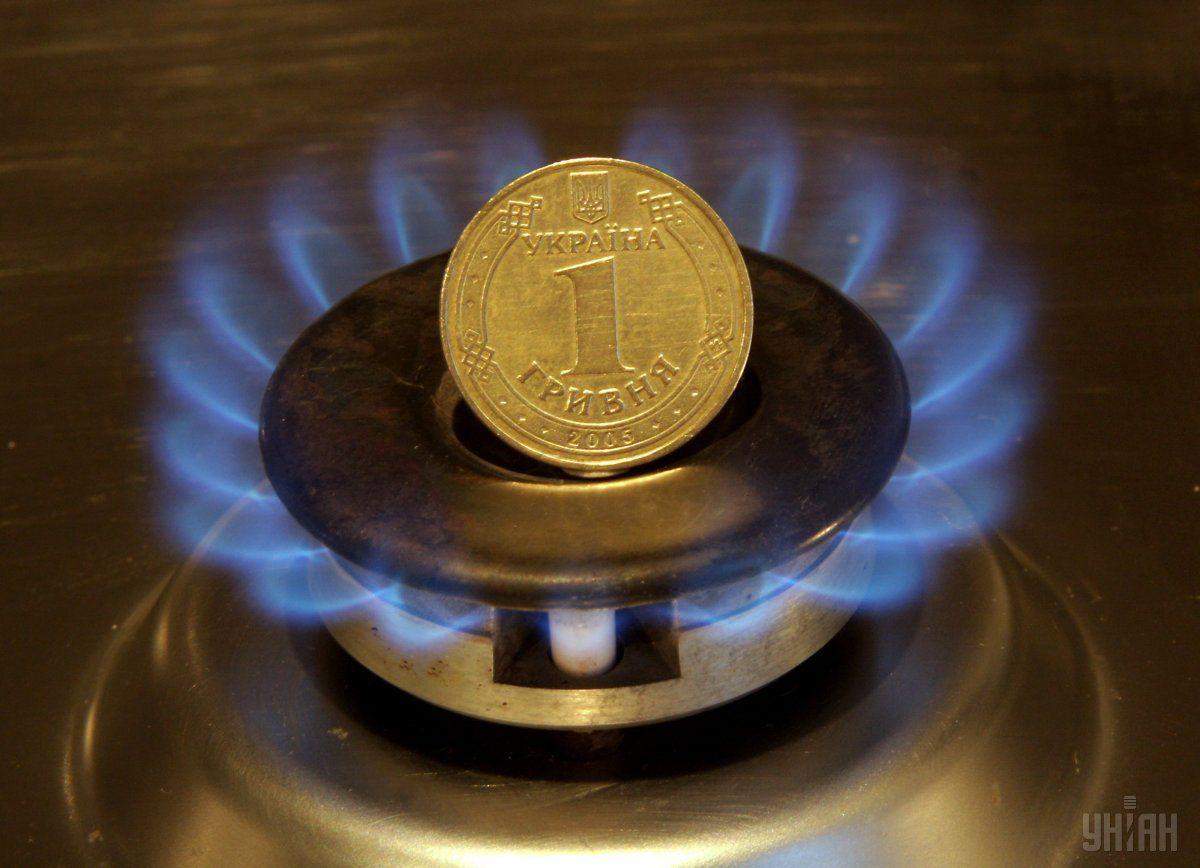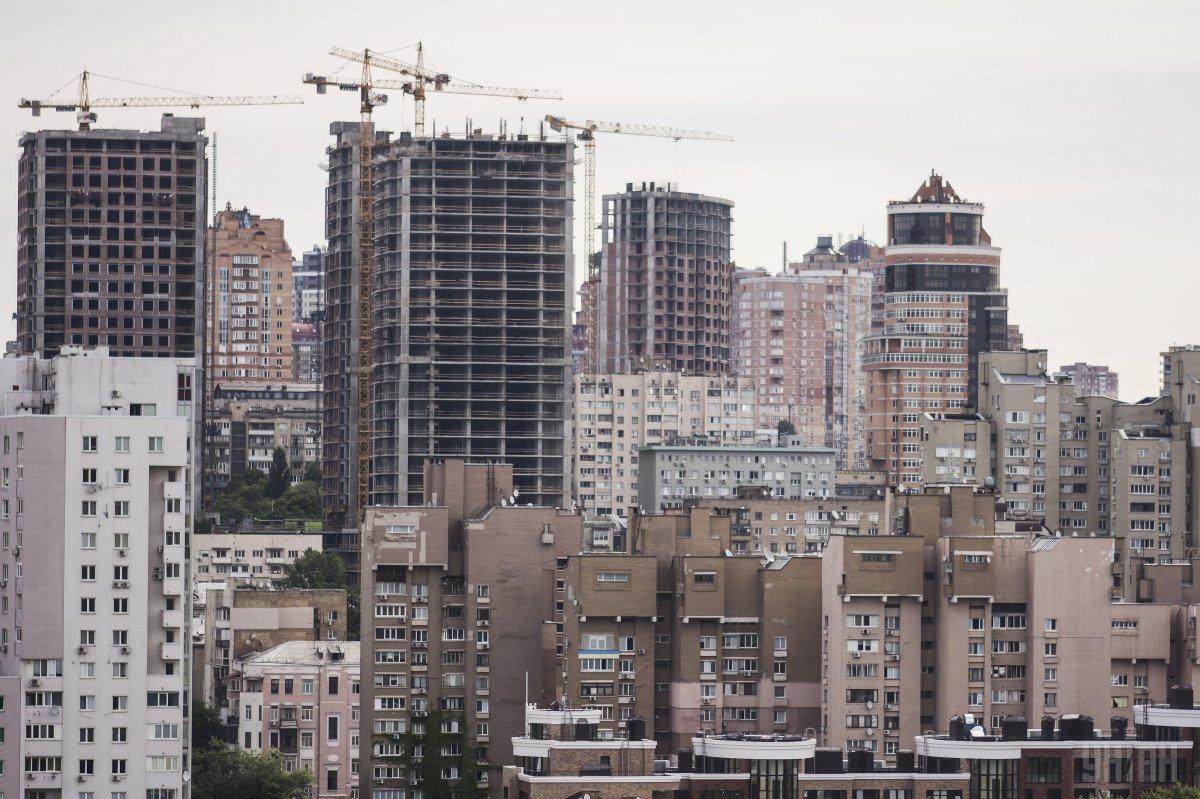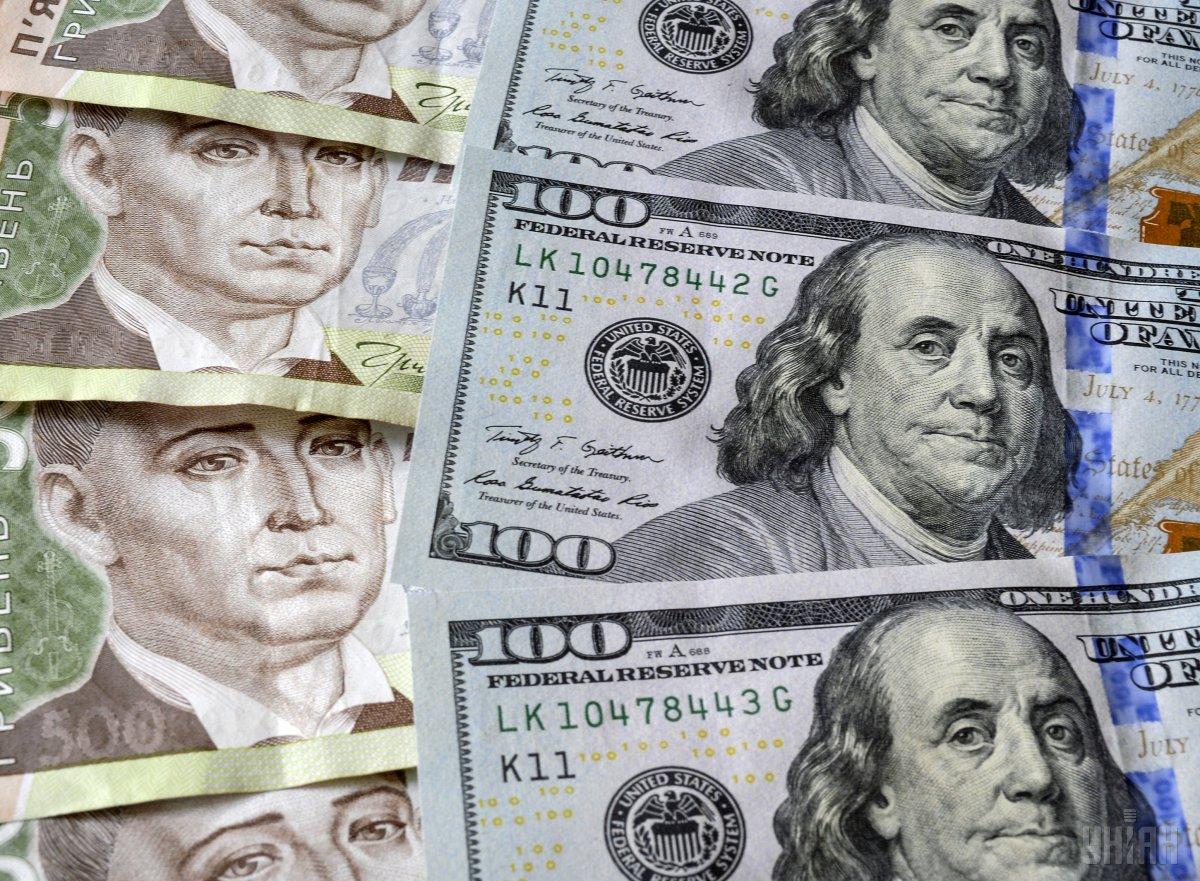
Week's balance: Awaiting gas tariffs, fighting corruption in construction sector, and new tax evasion schemes in exports
Negotiations with the International Monetary Fund on the next bailout tranche are being delayed due to disagreements over the gas price for the population; the Cabinet declared war on corruption in the construction industry; while agrarians continue to increase trade with the EU, which calls into question the allocation of financial assistance to Ukraine because of the existing tax evasion schemes.
In the outgoing week, the government tactfully ignored the issue of gas prices for the population. "I did not consider it, because the question was never raised," Energy and Coal Industry Minister Ihor Nasalik told the press following the Cabinet meeting on Wednesday. With such inaction, the government put in limbo the prospects for Ukraine's relationship with the IMF and other donors. Incidentally, the World Bank recently announced that Ukraine could receive $800 million in budget guarantees only in case it continued cooperation with the IMF.
The key aspect of continued cooperation with the IMF is raising the gas price for the population to ensure a transition to a market mechanism for the formation of the gas cost. According to the forecast of the National Bank and taking into account the IMF cooperation program, gas should rise in price by 25% this year and by another 15% next year. However, the government continues to hesitate taking such decision, which causes concern. After all, if there is no agreement with the IMF, then there is a big risk for financial stability in the country. The fact is that before year-end, Ukraine must pay back almost $3.3 billion to its foreign creditors. In 2019, payments on repaying and servicing public debt will amount to $5.88 billion, and in 2020, it will be more than $6 billion. In general, in 2018-2045 inclusive, Ukraine must repay debt obligations worth $53.53 billion.
The government has long been postponing the gas price increase, so their failure to make the decision this week was quite expected. At the same time, it was surprising that the Cabinet at the said meeting did not prolong for October preferential gas prices for the population. In this regard, the state-owned Naftogaz expressed their concern.
However, Naftogaz clarified that there had already been such precedents. "We would receive the government's decision on Saturday, when our specialists were sitting there concluding contracts with enterprises. This is not the first time. Each time, we asked the Cabinet to tell us about this in advance," the company press service noted in a comment to UNIAN.
Meanwhile, on Friday evening, the Cabinet finally extended the resolution on the preferential price of gas for the population until October 18.

Such behavior of the Cabinet may mean that negotiations with international creditors remain really tense. Minister of Social Policies, Andriy Reva, confirmed that no agreement had been reached yet and, most likely, gas price increase would be postponed again. He added that the talks were continuing and the government hoped for their successful completion in the near future, which will enable them to continue cooperation with the IMF.
NBU Governor Yakiv Smolii during the meeting with the heads of the country's largest banks also addressed the IMF negotiations. According to the official, they are dragging because of the gas issue, and the Fund has no complaints to the National Bank. "We are waiting for the necessary steps - bringing gas tariffs to the market level, as well as finally settling certain issues with the state budget. We remain optimistic," Smolii said.
Meanwhile, Naftogaz decided to raise from October 1 the minimum gas prices for industrial consumers by 9.7%, to UAH 13,439 per 1,000 cubic meters. Thus, the difference between the cost of gas for enterprises, which is close to the market, and the cost for the population is almost two-fold. The Cabinet artificially retains the price for the population at the level of UAH 6,958 UAH per 1,000 cubic meters. Obviously, this cannot last forever because economic laws dictate their conditions and are difficult to argue with.
Fiscal hunt for corrupt construction companies

The government has focused on a new economy sector to restore order there. After the declaration of war with illegal inspections of businesses, as well as with smuggling and deforestation, now it is the turn of the construction industry. At the Cabinet meeting, Prime Minister Volodymyr Groysman announced the start of inspections of construction companies by the State Fiscal Service and the State Labor Service. "I instruct the SFS and the SLS to audit all construction companies for tax payment and legal employment. People are working in construction without being registered as employees. This is unacceptable. Therefore, all agencies will be united to bring order in this area. There will be no pressure. There will only be pressure on those who acts beyond the legal framework. They must do quality construction, convenient for the people, and pay taxes," the prime minister said.
According to Groysman, such a step is caused by the fact that construction companies have been trying to invent tax evasion schemes. As a result, budgets of different levels lose billions. "Ukrainians pay for a square meter, while the budgets receive no funds. They invented some non-profit organizations and turned the normal construction process into a tax evasion scheme," the prime minister said.
In addition, Groysman noted that the Ministry of Regional Development and Construction should strengthen its work in this direction. "I believe that it is necessary to also strengthen technical supervision, I mean the regulations, and certification… Everything that has to do with the government and the ministry must be tightly strengthened," the prime minister said.
Vice Prime Minister, Minister of Regional Development, Construction and Housing Hennady Zubko said that there is not enough tools to combat violations in the construction industry. In this regard, he offered that the Cabinet and Parliament allow depriving expert organizations of licenses for violations in the field of construction, as there is no such opportunity yet.
Also at the government meeting, some innovations were presented to combat corruption in the construction industry. Head of the State Architecture and Construction Inspection (SACI), Oleksiy Kudriavtsev, said that from November 1, all permits for construction will be registered in the open system called "Transparent SASI." "Having analyzed corruption risks, we created a platform that would make a powerful step in the fight against corruption, Transparent SASI. This is a completely open system for reviewing permits. Previously, developers did not know where their applications were, whether they were registered, and when they would be examined. Sometimes they searched for these documents for months. Today, full monitoring of each application has become possible," he said.
Kudryavtsev noted that "the inspections have big corruption risks. Therefore, all scheduled checks are available online on our website. And, thanks to the BRDO reform agency, before November 1, information on all unscheduled inspections would be available online."
Export grows while budget loses

This week, the Ministry of Agrarian Policy and Food reported on the success of Ukrainian agricultural exports. Thus, active trade with the European Union led to Ukraine completely exhausting a number of quotas for duty-free exports to the EU. "The best confirmation of the fact that the FTA agreement between Ukraine and the EU is working is the constant increase in the volumes of domestic agrarian and food exports to the EU markets. Traditionally, Ukrainian exporters have fully filled tariff quotas for Ukrainian honey, malt and wheat fiber, processed tomatoes, grape and apple juice, wheat, corn, and butter," said Olha Trofimtseva, Deputy Minister of Agrarian Policy and Food for European Integration.
In addition, as of September 25, additional trade preferences have been used, which were granted in 2017 for corn, soft wheat, honey, and processed tomatoes. Also, according to Trofimtseva, tariff quotas for starch were used for more than 85%, and 99.4% for treated starch, 75% for poultry, 53.7% for eggs and albumins, and 61.2% for garlic.
Ukraine also increased the export of dairy products. For eight months of this year, it grew by almost $17.8 million compared to the same period last year. Among export items, the list is topped by animal oil, exported for $92.4 million. The runner-up is condensed milk with $43.7 million, while third came casein with $30.6 million.
According to Trofimtseva, during the said period, Ukraine also exported cheeses worth over $20 million, whey worth $14.1 million, milk and non-cream worth $9.7 million, and dairy products worth $5.7 million. At the same time, the largest buyers of Ukrainian butter were Morocco ($21.2 million), Turkey ($13.2 million), and the Netherlands ($8.8 million). Cheeses of all kinds and sour-milk products were exported from Ukraine mainly to the markets of Kazakhstan, Moldova, and Egypt.
Incidentally, Macedonia may soon be added to the list. The fact is that the State Food Safety and Consumer Protection Service and the competent agency in Macedonia have agreed a veterinary certificate for the export of dairy products.
Meanwhile, the growth of exports of Ukrainian goods has a downside to it. It turns out that annually, Ukraine loses up to EUR 750 million in taxes due to the existing schemes to evade their payment. Such data are indicated in the study of the Left and Scandinavian Greens faction in the European Parliament, the results of which were published by Spiegel Online. According to the researchers, iron ore, steel, and agricultural products all fall under the said "schemes."
Over the past three years (from 2015 to 2017), iron ore exports from Ukraine were at least 20% undervalued, according to the research.
Experts extrapolate mining data to that of other industries and conclude that concealing income abroad costs Ukraine about EUR 3 billion. Thus, the shortfall in taxes annually reaches EUR 750 million.
The most common mechanism for tax evasion is the establishment of a so-called transfer price: a company from a country with higher taxes, for example, Ukraine, sells its products to branches of the same company located in lower-tax countries at a price lower than the market. Thus, the company shows a smaller amount of pre-tax profit in Ukraine.
The authors of the research put a key question – why does the EU provide Ukraine financial assistance if the country allows its businesses evade paying billions of hryvnias to the treasury through various schemes, especially since top government leaders have already acknowledged that corruption at customs costs the state $5 billion annually.
Oleksandr Kunytsky

